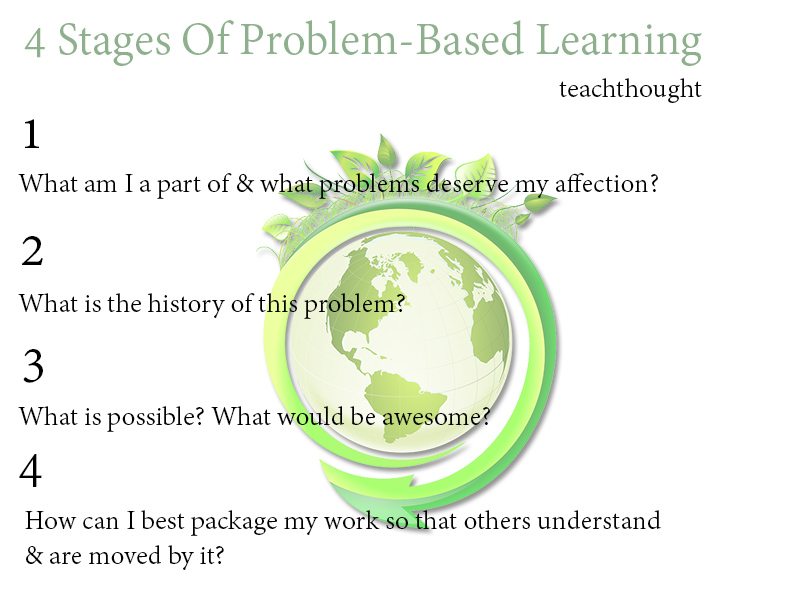Please note that this calendar is designed to be flexible: we may make changes along the way, depending on your interests and the needs of the class. Should you miss a class, you are responsible for finding out what you missed from a classmate and for knowing about—and adjusting for—any calendar changes. Professional protocols and collegiality ask you to alert us if you’ll be missing on a day when we’re having a workshop or when you are scheduled to present materials.
 Week 1 Week 1“We Are What We Find, Not What We Search For” |
|
| Monday March 27 | In class: Introductions, key terms, course goals:
Preview: Brooks, Started at the Bottom Advice: For most of us, college is the only time in our lives when we get to read and write and talk about ideas. Don’t squander it while you’re here. |
| Wednesday March 29 |
Reading: Brooks, Started at the Bottom Background:
|
 Week 2 Week 2Summary & Integration |
|
| Monday April 3 |
Reading: NYT as assigned; I’ll email you on Sunday
|
| Wednesday April 5 |
Reading: NYT, continued |
 Week 3 Week 3Is Reading an Act of Composing? |
|
| Monday April 10 |
Reading: “Mark My Words. Maybe.” Be prepared to give us a 60-90 second overview of an article from the Sunday paper that you thought was interesting & significant, telling us why it is significant to you and why it should/could be significant to the rest us; we’ll do this in class. |
| Wednesday April 12 |
Reading: NYT as assigned Active & Empathic Listening
|
 Week 4 Week 4From Text to Context Individual Conferences: reading journals and inquiry questions |
|
| Monday April 17 |
Reading: NYT as assigned
Background: review in St. Martin’s Handbook |
| Wednesday April 19 |
Reading: NYT, as assigned |
 Week 5 Week 5Argument & Advocacy |
|
| Monday April 24 |
Reading: NYT TBA Bring with you, printed out, or available on your Digication:
Due: Journal entry on your Contextual Analysis: what part(s) are you most looking forward to and about which you feel confident? What part(s) concern or worry you? 250 words +/- |
| Wednesday April 26 |
Reading: NYT TBA Review in St. Martin’s Handbook:
|
 Week 6 Week 6Truth-seeking behavior vs. Bullshit: Writing with a Method, Perspective, and Authority |
|
| Monday May 1 |
Reading: NYT as assigned Review Contextual Analysis Scoring Guide |
| Wednesday May 3 |
Reading: NYT TBA
|
 Week 7 Week 7Proofreading, Editing, and one-on-one conferences |
|
| Monday May 8 |
Reading: NYT, as assigned
|
| Wednesday May 10 | Reading: NYT TBA Due: Contextual Analysis Draft #3 — Informational Abstract and self-assessment scoring guide |
 Week 8 Week 8Persuasive Essays |
|
| Monday May 15 |
Reading: NYT as assigned |
| Wednesday May 17 |
Reading: NYT TBA
“A speaker persuades an audience by the use of stylistic identifications; the act of persuasion may be for the purpose of causing the audience to identify itself with the speaker’s interests; and the speaker draws on identification of interests to establish rapport between herself or himself and the audience.” — Kenneth Burke, A Rhetoric of Motives. Identification, Burke reminds us, occurs when people share some principle in common — that is, when they establish common ground. Persuasion should not begin with absolute confrontation and separation but with the establishment of common ground, from which differences can be worked out. That is the point of our work with stasis.
Due: Persuasive Essay draft #1 |
 Week 9 Week 9 |
|
| Monday May 22 | Reading: NYT as assigned In class: TBA Due: Persuasive Essay, final draft |
| Wednesday May 24 | Reading: NYT, as assigned Preview: Digital Writing Portfolios |
 Week 10 Week 10 |
|
| Monday May 29 | No Class: Memorial Day |
| Wednesday May 31 |
Reading: “A good newspaper, I suppose, is a nation talking to itself.” – Arthur Miller, 1961 |
 Finals Week: Portfolio & Self Assessment Finals Week: Portfolio & Self Assessment |
|
|
Final Exam Week We will meet during our assigned Final Exam time for the final, official delivery of your WRD104 Reading Journals, Portfolios & Self Assessments Wednesday June 07, 11:30 a.m.-1:45 p.m. |
|


 Due: Portfolio Draft
Due: Portfolio Draft